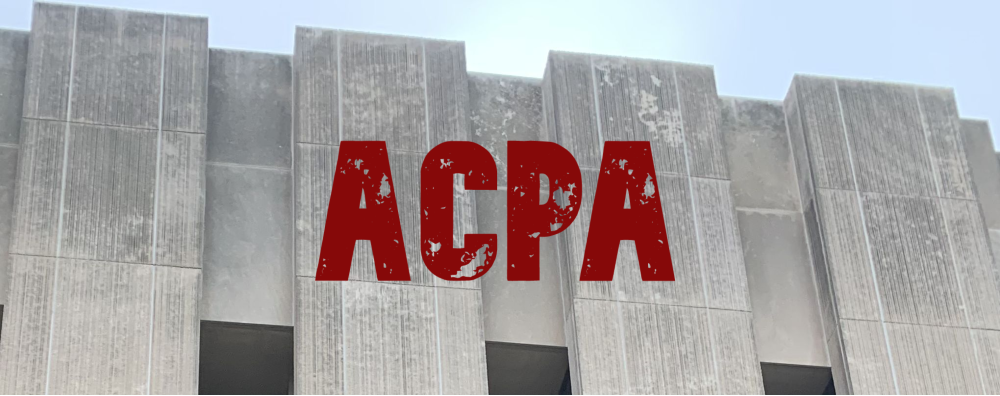Plaintiff sued a competitor under the Anticybersquatting Consumer Protection Act (15 U.S.C. 1125(d) (“ACPA”)) and brought other trademark-related claims concerning the competitor’s alleged online scam of selling infringing nutritional supplement products. Plaintiff also sued the domain name privacy protection service Namecheap, which the competitor had used to register the domain name. As part of the order granting plaintiff’s motion for preliminary injunction, the court ordered Namecheap to transfer the domain name to plaintiff.
The court noted that a preliminary injunction “is an extraordinary remedy never awarded as of right,” and that the “traditional purpose of a preliminary injunction is to protect the status quo and to prevent irreparable harm during the pendency of the lawsuit.” Given these parameters, one may be reasonably surprised that the court went so far as to transfer the domain name before the case could be taken all the way through trial. Usually the transfer of the domain name is part of the final remedy awarded in a cybersquatting case, whether under the ACPA or the Uniform Domain Name Dispute Resolution Policy.
The opinion did not address the issue of whether the domain name transfer prior to trial might go further than to “protect the status quo”. It would seem the court could have just as easily protected the status quo by ordering the domain name not be used. The court apparently found the evidence to be drastically in favor of plaintiff. And since the defendant-competitor did not show up for the hearing, plaintiff’s evidence went unrebutted.
Nutramax Laboratories, Inc. v. Nutra Max Labs, Inc., 2017 WL 4707447 (D.S.C. October 20, 2017)
See also:
- When can you use a competitor’s trademark in a domain name?
- Six things business owners should know about trademarks.
![]() About the Author: Evan Brown is a Chicago technology and intellectual property attorney. Call Evan at (630) 362-7237, send email to ebrown [at] internetcases.com, or follow him on Twitter @internetcases. Read Evan’s other blog, UDRP Tracker, for information about domain name disputes.
About the Author: Evan Brown is a Chicago technology and intellectual property attorney. Call Evan at (630) 362-7237, send email to ebrown [at] internetcases.com, or follow him on Twitter @internetcases. Read Evan’s other blog, UDRP Tracker, for information about domain name disputes.


